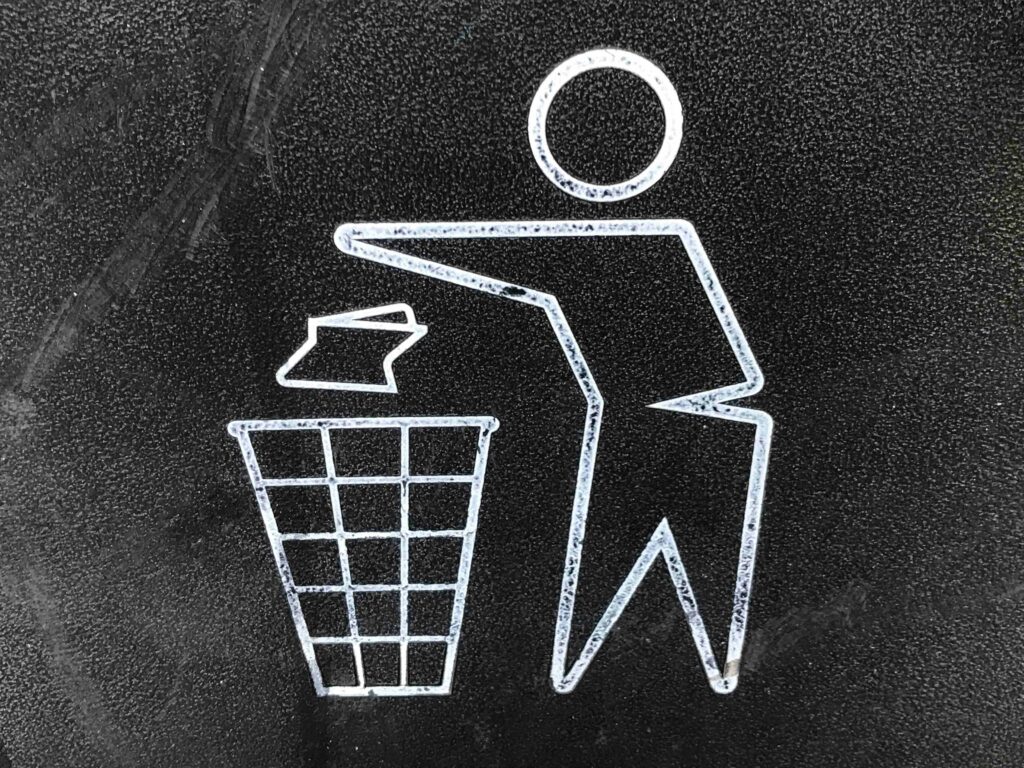
5 Innovative Ways Sport Is Tackling Waste
Recycling and composting efforts in sports may now be an “expected baseline,” but improvements are being made and innovation persists. International Day of Zero Waste is a reminder that the waste we produce isn’t just a blight on the environment, but an economic drain, costing the global economy hundreds of billions of dollars every year. From plastics and food to electronics and packaging, we churn out 2 billion tons of waste annually, the equivalent weight of 2,200 Golden Gate Bridges.
Sport is no exception, the waste created at stadiums, events and tournaments adds to the mounting global crisis. An average NFL game can generate between 30 and 40 tons of waste. However, sport is taking action to tackle the problem. As major purchasers, influential role models, and community leaders, sports teams and venues are reducing waste and inspiring fans to do the same.
“I see sports as a highly effective platform to promote waste reduction, reuse, and recovery efforts,” says Jonathan Casper, associate professor and sport management program coordinator at North Carolina State University. However, he believes that initiatives such as recycling and composting “have shifted over time from being a true point of differentiation to more of an expected baseline for most organizations.”
“Teams and organizations that are active in things like zero waste are getting better and better, but the industry as a whole still seems to be lagging behind,” shared Timothy Kellison, associate professor in the department of sport management at Florida State University.
Across the United States, sports venues from Atlanta to Austin have been certified as zero waste. Meanwhile, in Europe, many sports organizations have long made zero waste the standard, diverting 100% of waste from landfill through a combination of reduction, recycling, composting, food recovery, energy-from-waste, and rainwater and groundwater recovery.
“I focus a lot on zero waste, and it’s not a panacea,” says Kellison. “But the idea of it is really compelling, especially when you see it in action at huge events like a college football game or pro golf tournament.”
1. The Early Bird Catches The Worm
The WM Phoenix Open, or “the greenest show on grass,” has been certified as zero waste for 12 years. In 2024, 99.6% of waste was diverted from landfill through a mix of recovery of materials, recycling and donations.
An innovative partnership with Arizona Worm Farm led to 21 tons of waste food being composted. In a mesmerising process, black soldier fly larvae are fed leftovers and break down the organic waste. These larvae are then transformed into high-protein meal for hens, which produce eggs that are donated to local food banks, closing the loop on food waste.
WM Phoenix Open is a testing ground for trialing and refining sustainability-related practices for major sporting events. “It’s very much our lab,” says Lee Spivak, director of WM’s Advisory Services team. “We’ll try an idea, try an approach to a customer. Then we’ll scale it up here and take it to other customers.”
It’s not just about sports organisations, it’s about fans too. “Sports can help show people that sustainable choices are possible and even easy,” Jonathan Casper noted. “I think one of the most powerful aspects of sports is their ability to influence fans and broader communities.”
A zero waste pitching station at WM Phoenix Open gamified composting and recycling, and encouraged attendees to engage with zero waste in a fun and interactive way. “When they start to care, the ripple effect of the influence doesn’t really end,” says Spivak.
2. Turning Beer Cans Into Bigger Bucks
Recycling may not be a groundbreaking concept anymore, but Super Bowl champions’ the Philadelphia Eagles have found a new way to approach it. Instead of sending aluminium cans to their waste hauler alongside other recyclable materials, they sort and bail it themselves, for a higher financial return.
The NFL team received permission from the league to serve beer to fans directly in cans, as long as the tops are popped beforehand, instead of pouring the beer into plastic cups. This simple change reduces waste. When it comes to recycling the cans, the difference between mixed and sorted recycling is substantial. “If cans are recycled alongside other materials, they make about $70 to $100 per ton,” explains Norman Vossschulte, the Eagles’ vice president of fan engagement and sustainability. “But if you sort and bale the cans separately—sending only aluminium to an aluminium recycler—you can get about $1,000 to $1,400 per ton.”
